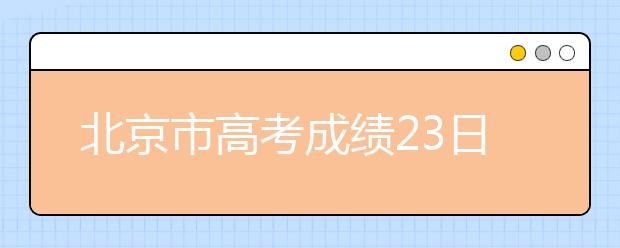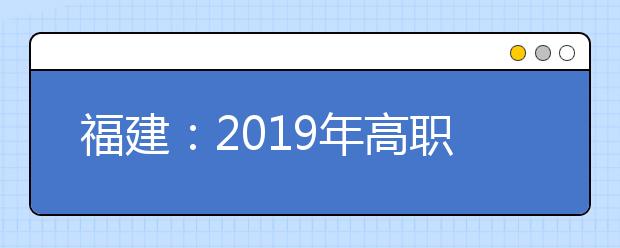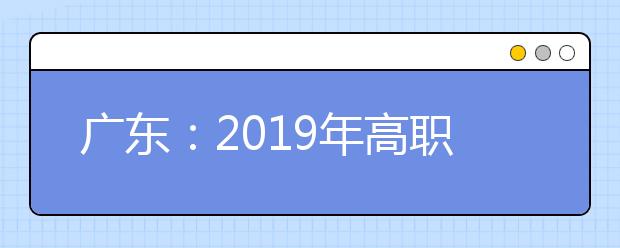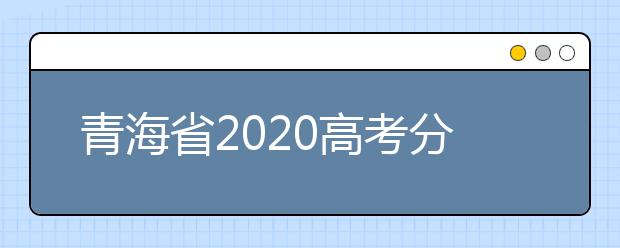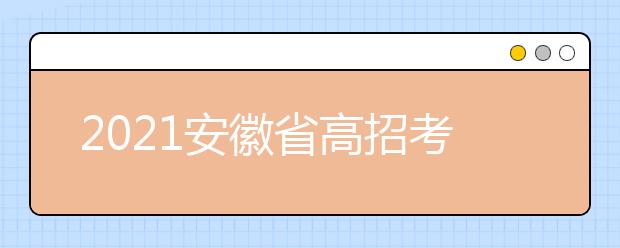今天大学路小编整理了9月25日雅思阅读考试真题及答案 2023年9月28日雅思阅读考试真题及答案 9月4日雅思阅读考试真题与答案解析相关信息,希望在这方面能够更好帮助到大家。
本文目录一览:
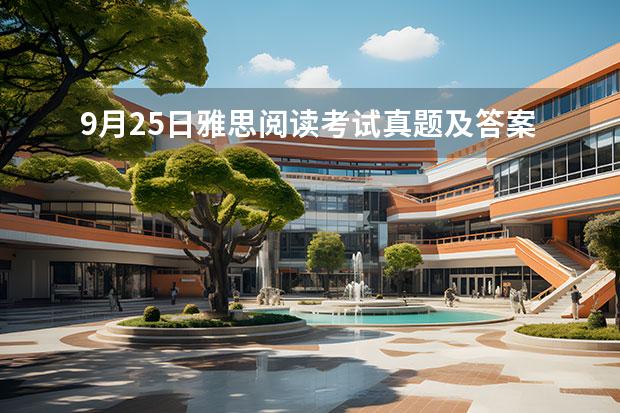
2021年9月25日雅思阅读考试真题及答案
雅思考试是出国留学的学生,会选择的语言测试之一,考试之后还要查阅真题和答案。以下是我精心整理的2021年9月25日雅思阅读考试真题及答案,仅供参考。
2021年9月25日雅思阅读考试真题及答案
Passage 1
主题: 作家传记
参考答案:
1-6 判断
1.False
2.Not Given
3.False
4.False
5.False
6.True
7-13 填空
7.1906
8.stories
9.family
10.bankrupcy
11.fund
12.reputation
Passage 2
主题:现代制作业
Passage 3
主题:体育赛事的主场优势
雅思阅读评分标准
想必正在备考雅思的同学都知道,雅思阅读是分为A类和G类的,这两类的不同分别是针对留学和移民两种方向的考生,两中类型的评分标准也略有不同,首先为大家介绍A类阅读的评分标准。A类阅读为学术类,一般是针对留学方向的考生,其中三篇阅读大致40道题目,回答正确39-40题为9分满分;回答正确37-38题为8.5分;回答正确35-36题则为8分,以此类推最终推算至回答正确4-5题则为3分;回答正确3题为2.5分;回答正确2题为2分;仅回答正确1题为1分。
而G类阅读因为主要是为移民类的考生准备的,所以整体阅读风格会更偏于培训类,具体评分标准如下:回答正确38、39、40题的考生分为可得8分、8.5分、9分,而后则是两题递减0.5分,例如回答正确36-37题可得7.5分;回答正确34-35题可得7分,最后只回答正确1题的考生同样可获得一分。
雅思阅读技巧
雅思阅读方法(1)概括地观察Survey
首先略读每章或每页的大概内容,例如:可从书本的序言和目录开始,通常作者会在序言中交代撰述的重点及动机,而目录则可帮助你了解课本的组织架构及章节层次;阅读课文的名称title,主题 main headings 及副题 sub-headings;注意每一主题的头一句,导言 introduction 和本章提要summary(如果有的话),图片说明 captions to all graphics 等,这样,你不用十五分钟便对内容有概略的了解。
雅思阅读方法(2)提出一个全面的问题Write a general question
观察课文内容后,提出一个包含所有阅读资料的问题,把问题写在每章节的开首,令自己可以看到此问题时,便忆起全部内容。
雅思阅读方法(3)提出各别问题来引导阅读Write questions to guide your reading
当你看到主题、副题、图片及首句时,由此而提出有关问题,写在题目或图片旁边,帮助你阅读文章内容。
雅思阅读方法(4)寻求问题的答案Read to answer the questions
阅读章节时,尽量跟随你的问题来找答案,把握课文重点。
雅思阅读方法(5)在答案下划线Underline words that answer the question
在了解一段内容后,找出解答问题的重要字key words及短语phrases,并划记下来。在划记时可选用荧光笔,既方便又快捷。
雅思阅读方法(6)修正问题 Revise the questions
如果在阅读时,发现问题并未得到解答或不明确,可重新写下问题,并将有关答案的字词划记。再重读文章,遇到不明白的地方,再请教导师或同学。
2023年9月28日雅思阅读考试真题及答案
您好,我是专注留学考试规划和留学咨询的小钟老师。在追寻留学梦想的路上,选择合适的学校和专业,准备相关考试,都可能让人感到迷茫和困扰。作为一名有经验的留学顾问,我在此为您提供全方位的专业咨询和指导。欢迎随时提问!昨天刚刚结束了最新一期的雅思考试,大家有没有被难倒呢?接下来就跟着小钟老师来看一看2023年9月28日雅思阅读考试真题及答案。
Passage1: 希腊硬币Greek coinage
参考答案:
1. 希腊coin早在3000年就出现了=F
2. T
3. Sparta地区侵略Athens并强制Athens用他们的货币=F
4. Great coins在整个欧洲流传=F
5. Persian 入侵了Lydia并且使用人家的硬币=T
6. 用硬币上的头像来奖励做出杰出贡献的人=NG
7. mint
8. stamps
9. anvil
10. reserve dies
11. 希腊硬币的重量至少=0.15g
12. 硬币的图案=the king的头像
13. 希腊被波斯征服之前的花纹是lion and doil
14. coin 在雅典被称为 owl
Passage2: 悉尼交通标识Street markers in Sydney
Passage3: Musical Maladies
参考答案:
A. Music and the brain are both endlessly fascinating subjects, and as a neuroscientist specializing in auditory learning and memory, I find them especially intriguing. So I had high expectations of Musicophilia, the latest offering from neurologist and prolific author Oliver Sacks. And I confess to feeling a little guilty reporting that my reactions to the book are mixed.
B. Sacks himself is the best part of Musicophilia. He richly documents his own life in the book and reveals highly personal experiences. The photograph of him>C. The preface gives a good idea of what the book will deliver. In it Sacks explains that he wants to convey the insights gleaned from the enormous and rapidly growing body of work>complex and often bizarre disorders to which these are prone." He also stresses the importance of the simple art of observation" and the richness of the human context. He wants to combine observation and description with the latest in technology,” he says, and to imaginatively enter into the experience of his patients and subjects. The reader can see that Sacks, who has been practicing neurology for 40 years, is torn between the old-fashioned path of observation and the new-fangled, high-tech approach: He knows that he needs to take heed of the latter, but his heart lies with the former.
D. The book consists mainly of detailed descriptions of cases, most of them involving patients whom Sacks has seen in his practice. Brief discussions of contemporary neuroscientific reports are sprinkled liberally throughout the text. Part I, Haunted by Music," begins with the strange case of Tony Cicoria, a nonmusical, middle-aged surgeon who was consumed by a love of music after being hit by lightning. He suddenly began to crave listening to piano music, which he had never cared for in the past. He started to play the piano and then to compose music, which arose spontaneously in his mind in a torrent of notes. How could this happen? Was I the cause psychological? (He had had a near-death experience when the lightning struck him.) Or was it the direct result of a change in the auditory regions of his cerebral cortex? Electro-encephalography (EEG) showed his brain waves to be normal in the mid-1990s, just after his trauma and subsequent conversion to music. There are now more sensitive tests, but Cicoria has declined to undergo them; he does not want to delve into the causes of his musicality. What a shame!
E. Part II, “A Range of Musicality,” covers a wider variety of topics,but unfortunately, some of the chapters offer little or nothing that is new. For example, chapter 13, which is five pages long, merely notes that the blind often have better hearing than the sighted. The most interesting chapters are those that present the strangest cases. Chapter 8 is about “ amusia, ” an inability to hear sounds as music, and “dysharmonia,”a highly specific impairment of the ability to hear harmony, with the ability to understand melody left intact. Such specific dissociations are found throughout the cases Sacks recounts.
F. To Sacks's credit, part III, "Memory, Movement and Music," brings us into the underappreciated realm of music therapy. Chapter 16 explains how "melodic intonation therapy" is being used to help expressive aphasic patients (those unable to express their thoughts verbally following a stroke or other cerebral incident)>G. To readers who are unfamiliar with neuroscience and music behavior, Musicophilia may be something of a revelation. But the book will not satisfy those seeking the causes and implications of the phenomena Sacks describes. For>appears to be more at ease discussing patients than discussing experiments. And he tends to be rather uncritical in accepting scientific findings and theories.
H. It's true that the causes of music-brain oddities remain poorly understood. However, Sacks could have done more to draw out some of the implications of the careful observations that he and other neurologists have made and of the treatments that have been successful. For example, he might have noted that the many specific dissociations among components of music comprehension, such as loss of the ability to perceive harmony but not melody, indicate that there is no music center in the brain. Because many people who read the book are likely to believe in the brain localization of all mental functions, this was a missed educational opportunity.
I. Another conclusion>patient. Treatments mentioned seem to be almost exclusively antiepileptic medications, which "damp down" the excitability of the brain in general; their effectiveness varies widely.
J. Finally, in many of the cases described here the patient with music-brain symptoms is reported to have "normal" EEG results. Although Sacks recognizes the existence of new technologies, among them far more sensitive ways to analyze brain waves than the standard neurological EEG test, he does not call for their use. In fact, although he exhibits the greatest compassion for patients, he conveys no sense of urgency about the pursuit of new avenues in the diagnosis and treatment of music-brain disorders. This absence echoes the book's preface, in which Sacks expresses fear that the simple art of observation may be lost" if we rely too much on new technologies. He does call for both approaches, though, and we can only hope that the neurological community will respond.
27-30:B C A A
31-36:YES NG NO NG YES NO
37-40:F B A D
希望以上的答复能对您的留学申请有所帮助。如果您有任何更详细的问题或需要进一步的协助,我强烈推荐您访问我们的留学官方网站 ,在那里您可以找到更多专业的留学考试规划和留学资料以及一对一的咨询服务。祝您留学申请顺利!
2021年9月4日雅思阅读考试真题与答案解析
9月4日的雅思考试是换题季后第一场考试,对于这次的雅思考试,想必很多学生都想要看看它的真题吧。那么下面就来给大家讲讲2021年9月4日的雅思阅读的考试真题与答案解析。
一、2021年9月4日雅思阅读真题与答案
Passage 1
主题:关于侦探小说的各种作家
参考答案:
Passage 2
主题:生物钟
参考答案:
14.G
15.A
16.E
17.C
18.D
19. 待回忆
20. exposure
21.hormone
22.rhythm
23.gene
23-26 多选 待回忆
Passage 3
主题:商业培训
参考答案:
二、雅思阅读步骤
1.快速阅读:平时进行大量的快速阅读。可选的阅读材料有:TIME, NEWSWEEK, THE ECONOMIST, CHINADAILY, 21st CENTURY等。因为雅思考试与时代紧密相连,具有一定的时效性,所以报刊文章为泛读的首选。阅读报刊文章应选择一般性的题材,如科普,社会问题,学术观点性的文章,而政治,军事,尖端科技的文章可以略过。采取的阅读方式为快速阅读。
2.难句突破:在精读和做雅思试题时,将复杂的难句摘抄出来,然后分析句子结构,彻底消化难点。虽然雅思阅读中不可能有原句重现,但是难句的结构是基本不变的。
3.词汇强记:词汇量不够,应进行词汇突击。雅思考试的词汇量约为6000~8000词。词汇量小也是导致阅读理解速度慢的重要因素。
4.模拟练习:接下来就要做雅思模拟试题,进一步熟悉考试题型。熟练掌握阅读题型。有两点需要特别注意:首先,雅思阅读的各种题型必须搞熟,尤其是主观题如简答、填空、概括等。其次,要看清题目,因为雅思阅读的问法比较灵活,可以是对/错/未给出答案,所以先看清楚要你做什么,再下手不迟,切忌做“无用功”。
5、总结技巧:注意分析阅读理解的套路,总结解题技巧。如果个人复习情况不佳,可以根据自己的实际情况选择合适的辅导班。
三、雅思阅读做题诀窍
1.Skimming and Scanning
雅思阅读测试的一大特色是同义词(synonyms)和释义表达(paraphrasing)。因此,考生在做此类题目的过程中,要首先判断哪个是关键词(keywords),以及它的同义词,然后根据该词迅速在文章中寻找,准确定位(locatingtheexpectedinformation),根据要求填空。
此外,雅思阅读一般取材于报刊、杂志等,因此平时应大量阅读英文报刊,像《英国镜报》、《卫报》等,以了解英文报刊文章的表达习惯和常用表达式。
2.good reading habits
很多中国考生在平时训练阅读时一遇到生词就想查文曲星、字典之类的辅助工具。考试中,由于雅思阅读考试的取材都来自原版报刊杂志,文章中必然出现不少考生没有见过或者很少碰到的生词,尤其是学术类阅读第三篇文章的词汇量往往很大,这时良好的阅读习惯就成了我们能否获取理想成绩的关键。
细心总结一下就可以发现,在很多情况下,形容词和副词是最难以记忆的,也就是我们最感生疏的,但是它们一般不太会影响我们的句子理解能力。
以上,就是大学路小编给大家带来的9月25日雅思阅读考试真题及答案 2023年9月28日雅思阅读考试真题及答案 9月4日雅思阅读考试真题与答案解析全部内容,希望对大家有所帮助!
免责声明:文章内容来自网络,如有侵权请及时联系删除。
